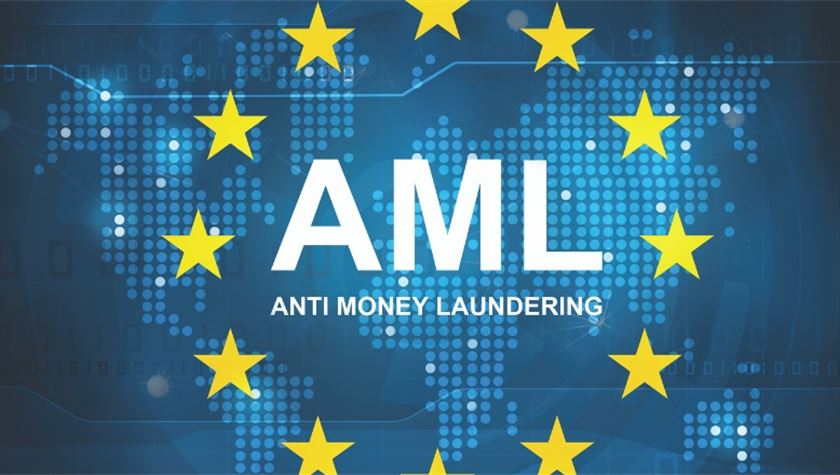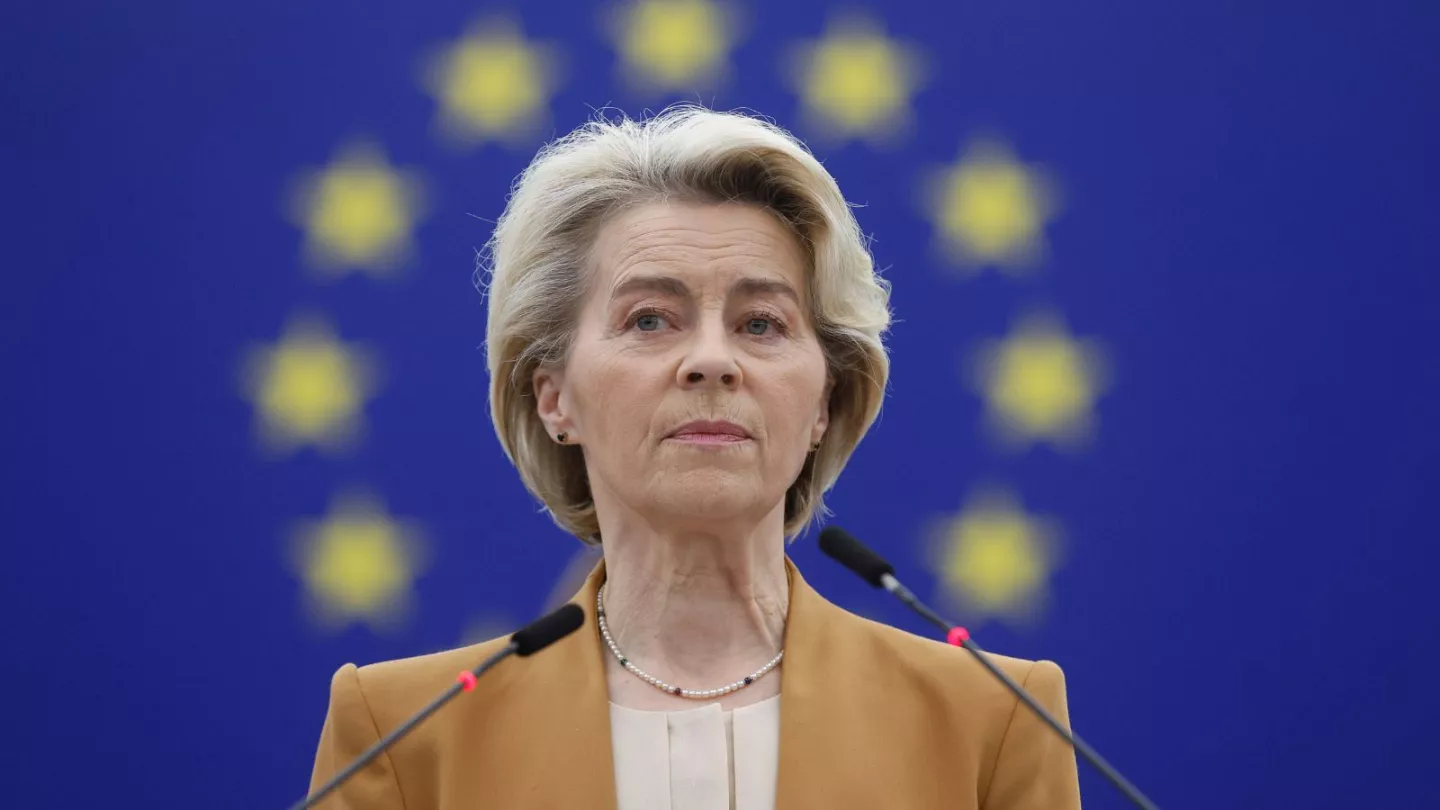The European Council and Parliament reached an agreement on new anti-money laundering rules. The deal, hailed by Transparency International, incorporates measures to increase transparency on company ownership and empower investigators to combat financial crime.
One of the most significant provisions is the restored access to beneficial ownership registers for watchdogs. This comes after a recent court ruling limited public access, raising concerns about a potential return to the era of corporate secrecy. Under the new rules, investigators will have generalized access to these registers, ensuring continued scrutiny of company ownership by civil society and journalists, crucial tools in the fight against money laundering and corruption.
The deal also targets dirty money hidden in real estate. A longstanding loophole that allowed foreign companies owning property across the EU to remain anonymous is being closed. Now, these companies will be required to declare their beneficial owners, making it much harder for criminals to hide their ill-gotten gains in luxury properties.
The new regulation also brings much-needed coherence to anti-money laundering efforts across the bloc. By harmonizing rules and closing loopholes, the EU is strengthening its defences against financial crime and, by extension, cross-border corruption.
Maíra Martini, Head of Policy & Advocacy (Interim), Transparency International, said:
“We commend both the Council and Parliament for ensuring that no EU member state can lock journalists and activists out of beneficial ownership registers. It is particularly welcome that they will be granted generalised access, without having to demonstrate legitimate interest in every single case. However, it seems that co-legislators did not fully eliminate the possibility of sharing details about who is looking into them on to companies’ owners. The final text should include clear safeguards against retaliation and other risks for journalists and activists investigating corruption and financial crime.
“At the same time, we are not giving up on public registers. The new directive, while welcome, is a short-term fix to prevent the EU from going back to the corporate secrecy era following the adverse ruling by EU’s highest court. Considering the critical importance of beneficial ownership information in tackling corruption and other abuses, EU co-legislators should explore frameworks other than anti-money laundering to restore full transparency over who owns companies and trusts.”









